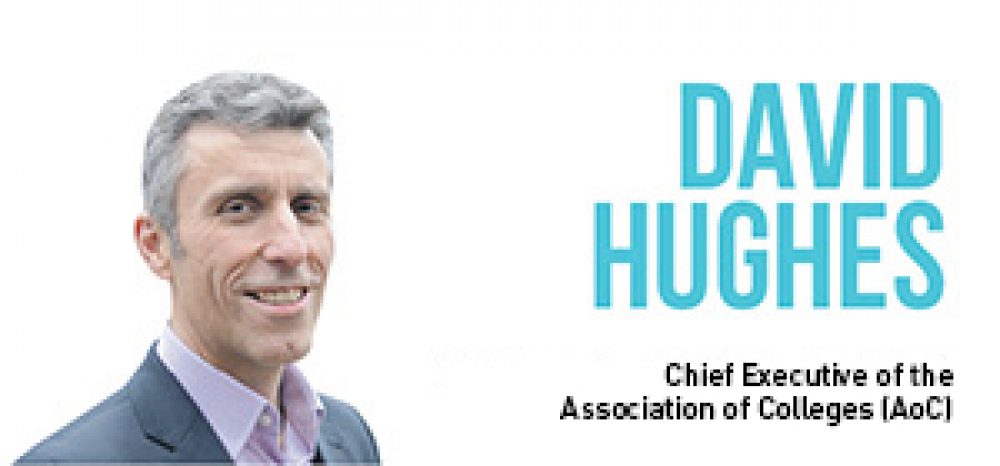. . . and the losers will be adults with low qualifications who are taking their first steps as learners, says David Hughes in his reaction to Wednesday’s Spending Review
Wednesday’s spending announcement was a highly political holding operation. It covers only one financial year (2015/16) and cuts just £11.5bn from an annual budget of some £745bn. But what it does is maintain the confidence of international bond markets (not unimportant) and potentially wrong-foots the Opposition in advance of the next election.
It’s fascinating to watch the dynamics of coalition politics, with Danny Alexander, chief secretary to the Treasury, playing ‘good cop’ by announcing capital spending plans the day after the Chancellor has been ‘bad cop’ by announcing cuts. The review was hardly ambitious in its scope, although the proposal to cap the welfare budget (annually managed expenditure in Whitehall-speak) was a shrewd and nakedly populist move. By ring-fencing health, international development, defence equipment and schooling (until Year 11), it was relatively predictable where the savings would be made.
Overall, Business Secretary Vince Cable and his officials at the Department for Business, Innovation and Skills (BIS) appear to have played their hand deftly, emerging with a headline cut of 6 per cent. This is rather better than local government, for example, which faces an eye-watering 10 per cent headline cut on top of a tough settlement in the 2010 exercise. Supporters of localism were also disappointed by the decision to set the size of the single local growth fund (the so-called ‘Heseltine pot’) at just £2bn in its first year. This is right at the bottom of what was expected and suggests that, as is usually the case, Whitehall trumps Town Hall.
That said, the protection afforded to the £5.7bn science budget within BIS’s £15.5bn settlement means that FE and higher education will take a painful hit, which will, undoubtedly, mean fewer adults learning.
The size of the single local growth fund (the so-called ‘Heseltine pot’) suggests that, as is usually the case, Whitehall trumps Town Hall”
It is good to see that some of our pre-Spending Review proposals, outlined in The Case for Investment in Learning for Adults, announced. These include the good news that traineeships will be extended to 19 to 24-year-olds, that spending on the National Careers Service will be protected and that spending on 19+ apprenticeships will be maintained, as will the £210m for the adult and community learning budget.
There will be a total reduction of £360m in the skills programme budget: £250m in funding for participation and £110m in non-participation funding. If savings are to be made “by prioritising higher value qualifications”, this prompts a concern that the losers will be those adults with low qualifications who are taking their first steps as learners.
While it is likely that basic skills will be protected, there is a risk that the next few rungs of the ladder of achievement will be reduced. In particular, the decision to end co-funding for level two retraining in SMEs (a legacy of Train to Gain) will privilege larger employers that have the capacity to secure funding through employer ownership pilots, even though it is the SMEs that are seen as the real engines of growth in the economy.
One of the real surprises in the Chancellor’s statement came when he announced that “if claimants do not speak English, they will have to attend language courses until they do. That is a reasonable requirement in this country.” We need to know how this will be funded, but equally we need to consider the capacity and capability issues.
Overall, the National Institute of Adult Continuing Education (NIACE) is encouraged by the government’s recognition that learning for adults is an investment in the country’s future, not only boosting skill levels but also improving employability, improving children’s performance at school and ensuring better health. The breadth of learning that the government will invest in has been maintained, even if overall numbers will reduce. NIACE will continue to make the case for that breadth as well as overall levels of investment.
David Hughes, chief executive, NIACE









Your thoughts